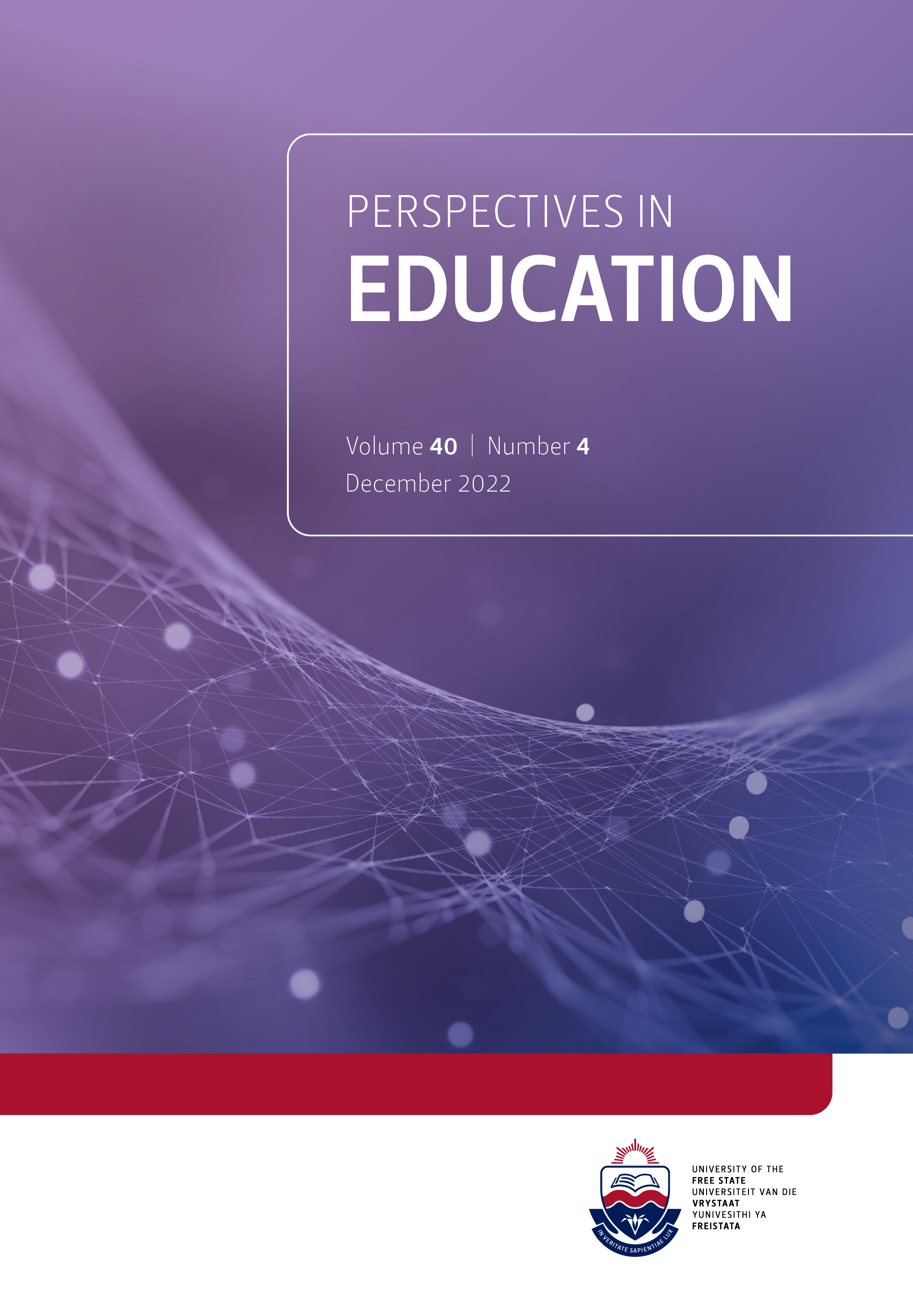First-year university students' conceptual understanding of electric circuits in relation to school and personal background
DOI:
https://doi.org/10.38140/pie.v40i4.6573Keywords:
Science education, Conceptual understanding, DC-electric circuit, Contextual factors, South AfricaAbstract
This paper reports a quantitative study about university students’ conceptual understanding of simple DC-circuits when entering firstyear physics at a South African university. The aim was to investigate how conceptual understanding relates to the students’ personal and school background. The conceptual framework was based on an existing model of the effectiveness of science education. Data were collected from 815 participants at a South African university. The conceptual understanding of DC circuits was measured in terms of performance in the well-known Determining and Interpreting Resistive Electric Circuits Concepts Test (DIRECT). Background information at school, classroom, and personal level was obtained with a questionnaire. Using Rash analysis, it was found that the students’ conceptual understanding relates significantly to the type of school attended, home language, previous achievement, their attitudes towards physics, and gender. However, contrary to expectations, the students’ conceptual understanding did not show a relationship with their exposure to practical work at school.
Downloads
##submission.downloads##
Published
How to Cite
Issue
Section
License
Copyright (c) 2023 Moreen Coetzee, Corene Coetzee, Prof Estelle Gaigher

This work is licensed under a Creative Commons Attribution 4.0 International License.





